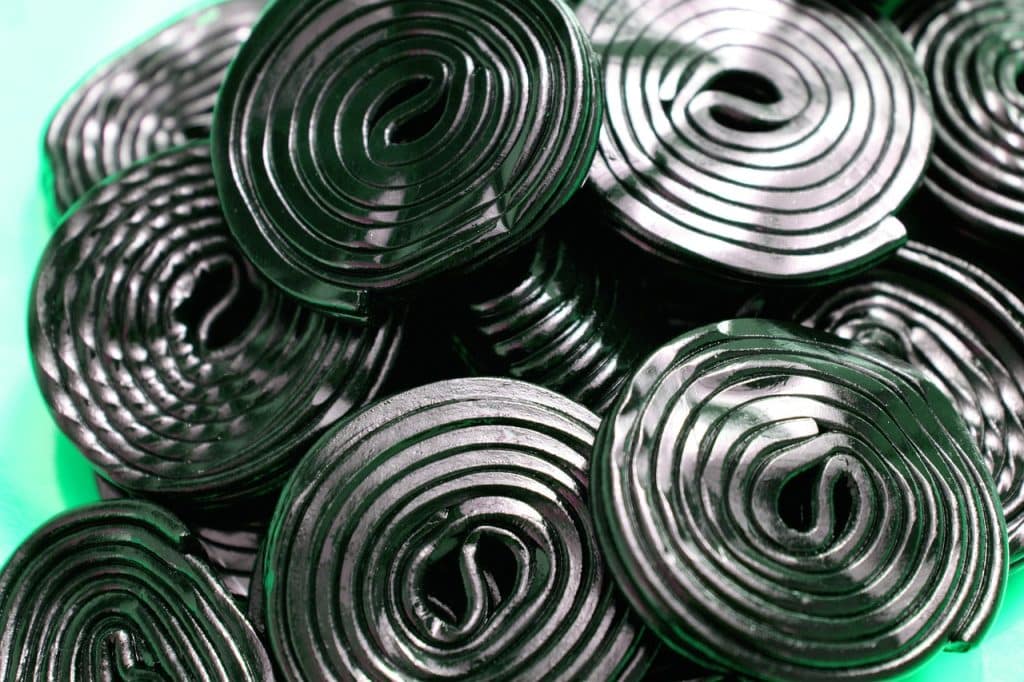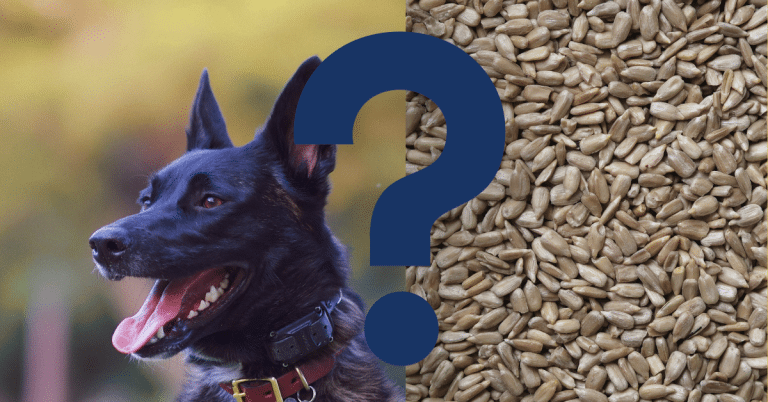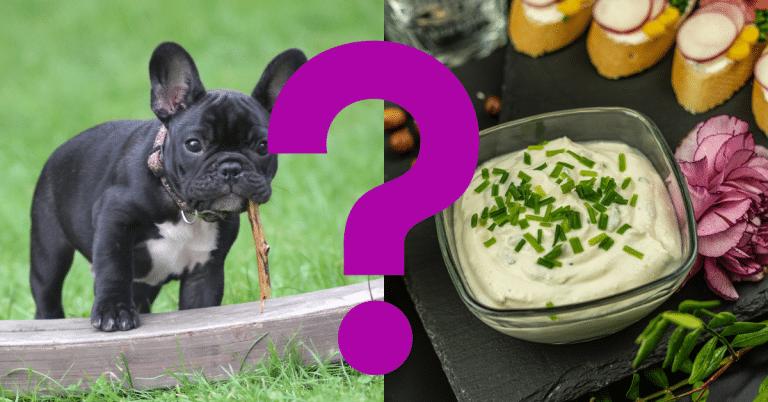Can Dogs Eat Black Licorice? A Vet’s Summary

Black licorice contains glycyrrhizin but can dogs eat black licorice?
Dogs shouldn’t eat any kind of licorice, including black licorice. Glycyrrhizin, a substance found in licorce, can be poisonous to dogs in big doses. Increased blood pressure, potassium imbalances, and even more serious health problems can be brought on by glycyrrhizin. Dogs who eat licorice may experience digestive issues including diarrhea and vomiting.
Let’s dive in:
Benefits Of Black licorice For Dogs
For dogs, black licorice is not advised as a food source or reward since it contains glycyrrhizin, which can be toxic to them. When taken in large quantities, the licorice ingredient glycyrrhizin can have harmful consequences on the health of dogs. These possible adverse outcomes include:
- Glycyrrhizin can cause a dog’s blood pressure to rise, which can be particularly problematic for dogs who already have cardiac issues or high blood pressure.
- Electrolyte imbalances that can result in muscular weakness, tremors, and even paralysis can be brought on by excessive glycyrrhizin use since it lowers potassium levels in the body.
- Consuming black licorice can upset a dog’s stomach, resulting in diarrhea and vomiting, which can cause dehydration and other health concerns.
- Toxicity: Large amounts of licorice that are consumed by dogs have the potential to be poisonous and cause serious health issues.
Given these possible dangers, it’s advisable to steer clear of giving your dog black licorice or any other kind of licorice as a treat or nutritional supplement. Contact your vet or an emergency animal clinic right away for advice and care if you think your dog may have ingested licorice or any other potentially hazardous chemical. Consider giving your dog safe, canine-friendly treats and nibbles in place of licorice, as advised by your veterinarian.

How To Safely Give Black Licorice To Dogs
In general, it’s not advised to offer black licorice or any licorice to dogs since, as previously noted, glycyrrhizin may be toxic to them and cause several health problems. The following precautions should be taken, nevertheless, if you are determined to give your dog licorice for whatever reason and have spoken with your veterinarian:
Make sure the licorice product does not contain any artificial sweeteners, such as xylitol, which is poisonous to dogs, by checking the ingredients.
Limit Quantity: As an occasional treat, just provide a very tiny quantity. It should just take a tiny bit or piece.
After giving your dog a little bit of licorice, keep a watchful eye out for any negative responses or symptoms, such as vomiting, diarrhea, increased thirst, or indications of discomfort.
If you decide to offer your dog licorice, use natural black licorice that hasn’t been sweetened or flavor enhanced with artificial substances.
Consult Your Veterinarian: It’s important to speak with your veterinarian before adding licorice or any other new food to your dog’s diet. They can offer advice tailored to the dietary requirements and general health of your dog.
Remember that giving your dog black licorice carries danger even with these measures, and there are few likely advantages. To safeguard your pet’s health and safety, it’s generally better to stick with treats and snacks that are made especially for dogs and have been recommended by your veterinarian.
Will Black Licorice Make A Dog Sick?
Dogs shouldn’t typically eat black licorice since it can make them sick. Glycyrrhizin, a substance found in black licorice, can be poisonous to dogs if consumed in large quantities. Dogs exposed to glycyrrhizin may experience several health problems, such as:
- Blood Pressure Increase: Glycyrrhizin can raise a dog’s blood pressure, which can be especially risky for dogs who already have cardiac issues or high blood pressure.
- Electrolyte imbalances that can cause muscular weakness, tremors, and even paralysis might develop from an excessive ingestion of glycyrrhizin since it lowers potassium levels in the body.
- Consuming black licorice can upset your dog’s stomach and result in diarrhea and vomiting, which can cause dehydration and other health issues.
- Toxicity: Large amounts of licorice, especially when consumed repeatedly, may be harmful to dogs and cause serious health problems.
Given these possible concerns, it’s advised to steer clear of giving your dog any kind of licorice, including black licorice, as a treat or nutritional supplement. Instead, choose the snacks and treats your doctor suggests are suitable for dogs to protect the wellbeing and health of your pet. Contact your vet or an emergency animal clinic right away for advice and care if you think your dog may have ingested licorice or any other potentially hazardous chemical.

A Vet’s Summary
In general, veterinarians advise against giving dogs any licorice, even black licorice. This advice is mostly given because licorice contains glycyrrhizin, which can be poisonous to dogs if consumed in large quantities. Glycyrrhizin can cause health problems in dogs, including possible poisoning, disrupted digestion, elevated blood pressure, and potassium imbalances.
Licorice is not an acceptable or safe treat for dogs, according to most veterinarians, notwithstanding individual doctors’ differing views. By giving your dog treats and snacks that are especially created for canine consumption and have been endorsed by veterinarians or pet nutritionists, you are showing that you care about their health and wellbeing.
Dogs that have digestive problems such diarrhea, constipation, or irritable bowel syndrome may benefit from probiotics. They could lessen symptoms and assist in reestablishing the proper balance of gut flora.
It’s always a good idea to speak with your veterinarian if you’re thinking of introducing your dog to licorice or any new food and have worries or inquiries regarding their diet. They can help you make decisions about your dog’s diet and health by offering you advice that is specifically customized to his or her needs.
Videos To Watch
If you are wondering whether dogs can eat black licorice:
If you are wondering whether black licorice is harmful for dogs, watch this:






